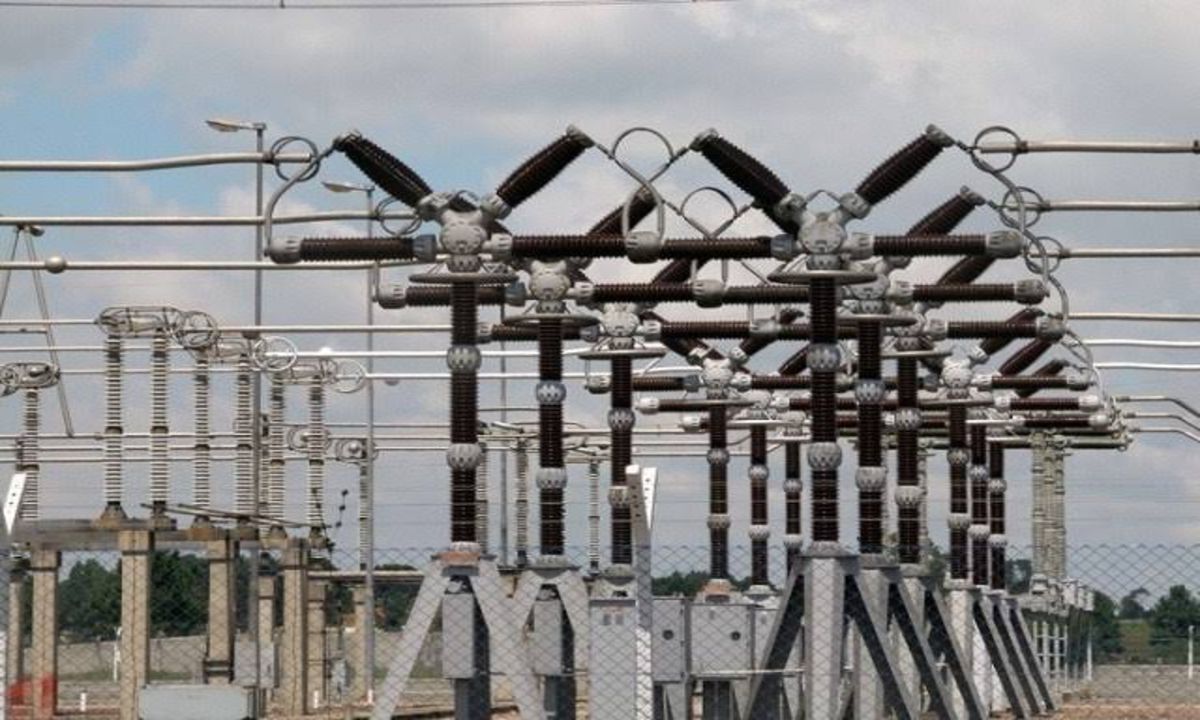Chief Executive Officer (CEO) of the Centre for the Promotion of Private Enterprises (CPPE), Muda Yusuf, has advocated a review of the power sector policies to urgently address the crippling energy crisis in the country. He said the power sector reform has not delivered the desired outcomes and as such, the citizens’ expectations have not been met. “The experience has given privatisation a bad name.
There are issues of due diligence, technical capacity, financial capacity, political interface, metering issues, estimated and arbitrary billings, payment defaults to the electricity Generating Companies (GenCos), commercials losses, electricity theft, technical losses, cost-reflective tariff, and the economics of private sector investments,” he stated.
Read Also: I’ll appreciate Electoral Act forestalling cross-carpeting – Hon Leke Abejide
Yusuf also raised concerns about the capacity of the Nigerian Bulk Electricity Trading (NBET) Plc to effectively play its role of providing liquidity to support the country’s electricity supply chain.
This is contained in the CPPE’s first quarter (Q1) of 2022 economic review signed by Muda Yusuf and made available to The Trumpet in Lagos.
He stressed that evidently there are diverse internal and external variables impending the achievement of the desired outcomes of the power sector reform, adding that there is need for more holistic approach to the multifarious challenges hampering power delivery.
He said the there should be greater emphasis on off grid solutions in order to ensure the decentralisation of the power sector, insisting that the current model of high dependence on the national grid had not ef fectively served the economy, adding that the country was too vast for the highly centralised regime of national grid.
Yusuf argued that the contin ued ownership and control o the transmission component of the transmission component of the power supply chain is also a challenge to grapple with, The Trumpet gathered.
He, therefore, urged rapid promotion of renewable energy solutions through the enactment of policies that would make it more affordable, stressing that the current high cost of acquiring renewable energy installation has been a major impediment to access of energy solutions.
“The cost of solar panels and batteries are very prohibitive. We submit that import duties and taxes on solar batteries and inverters should be scrapped to improve access to renewable energy solutions.
“Implementation of govern ment’s energy mix programme needs to be accelerated, because the power sector is critical to the economic development of the country.
We are sometimes faced with a conflict between development objectives and commercial objectives. “I believe the government still needs to provide generous financial incentives for investors in the sector because of the economic development and social impact in our economic development,” he stressed.




